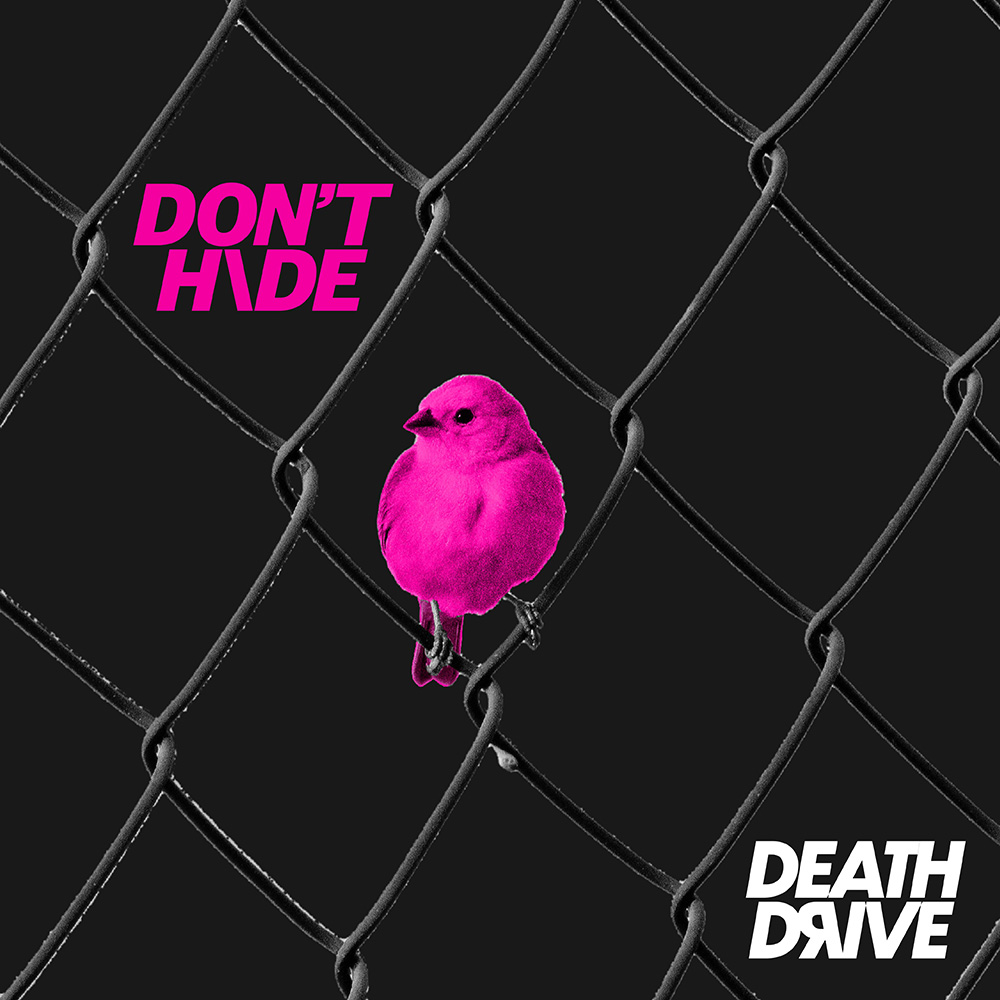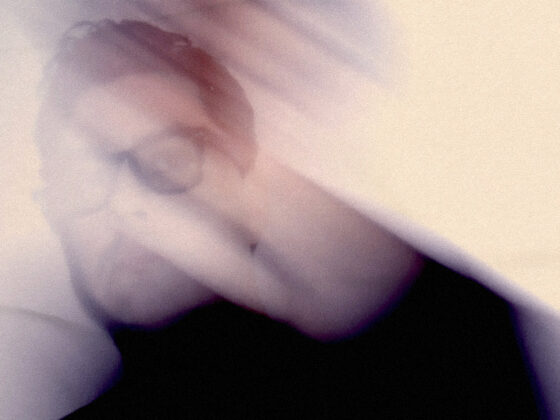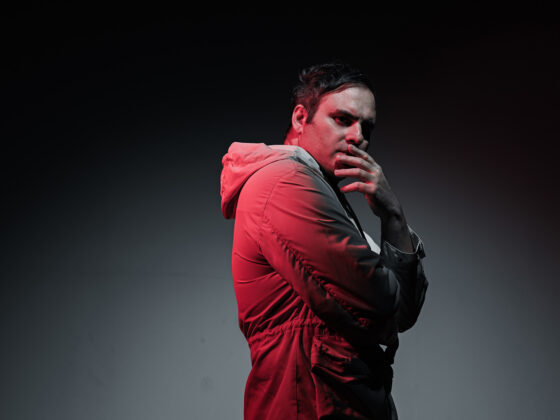Freud called it the death drive—a compulsion toward dissolution, an ache to unmake the self. Not destruction for its own sake, but the longing to return to stillness, to surrender the burden of desire. In the modern world, that impulse finds new disguises: the endless scroll, the self-curated feed, the promise of transcendence through branding and belief. We annihilate ourselves in the pursuit of perfection, mistaking consumption for salvation.
“God’s image,” as Death Drive tells it, “is the idea of salvation. Like a brand targeting people’s hopes and dreams to be an image of something—to be the best image of themselves.” Religion becomes the ultimate commodity, selling us back our own reflection. It’s not faith that saves us, but marketing that sustains the illusion. The faithful, bathed in algorithmic light, chase a redemption that never arrives—soap-boxed salvation, shrink-wrapped and soulless.
But Death Drive refuses absolution. They deal instead in acceptance—in the friction of being human, in the failure to transcend. Carine Fierobe’s voice cuts like fluorescent lightning through fog: poised between command and collapse, trembling yet defiant, her quivering delivery oscillates between invocation and warning. Danny Sanchez bends drum machines and synths into sermons of static—harsh, hypnotic, and full of heart. Together, they strip belief of its branding until only the raw pulse remains. Their latest single, “Don’t Hide,” carries that ethos forward: a hymn for the haunted, a dark-lit confession where divinity and decay share the same silhouette. The song’s bassline grinds with industrial precision, its synths churn through distortion, and somewhere in the background, a siren wails faintly—like the kind you hear from your apartment window at night, distant yet inescapable. It’s a sound that turns the city into a confessional, and the listener into its lone witness.
As the band explains, “‘Don’t Hide’ is a story of trying and failing to find yourself, becoming unable to lose yourself as a result. It’s set against a backdrop of the corrupt and corrosive ways to belong that we all find ourselves tied up to, regardless of whether we want to be or not.”
In the video for “Don’t Hide,” those ideas flicker to life like memories on burned film. The visuals unfold through a series of blurry, strobed cuts—faces half-lit, half-erased, dissolving in the concrete glow of a brutalist corridor and the amber sodium haze of a city underpass. At times, the camera drifts to a riverside skyline, lights shimmering like false promises in the water below. These ghostly sequences feel less like performance and more like haunting surveillance—portraits of people dissolving beneath the weight of their own reflection.
Fierobe moves through these liminal spaces like someone trapped in perpetual confession, her eyes wide but unreadable, her lips poised between prayer and curse. Each frame pulses with grain and interference, an intentional decay that mirrors the song’s pulse—machine-driven but humanly flawed. It’s a film of erosion: of faith, of form, of self.
Watch the video for “Don’t Hide” below:
Death Drive’s latest single, “Don’t Hide,” produced by Danny Sanchez and Jack Milwaukee, is both command and lament—a plea to face what’s broken without the illusion of repair. Its metallic churn and ominous synths echo the pulse of underground pioneers like Vicious Pink and Die Form. Yet, it breathes with a distinctly modern despair like modern contemporaries such as Adult. and Kontravoid. Still, this isn’t something you’ve quite heard before, or perhaps it is a new mutation of something familiar. Either way, Death Drive has a sound unlike anyone else in the international scene, and stands amongst the most exciting new acts in London’s underground—unyielding, unflinching, and utterly their own.
Listen to “Don’t Hide” via Bandcamp below, and pre-save here.
Follow Death Drive:
















 Or via:
Or via: